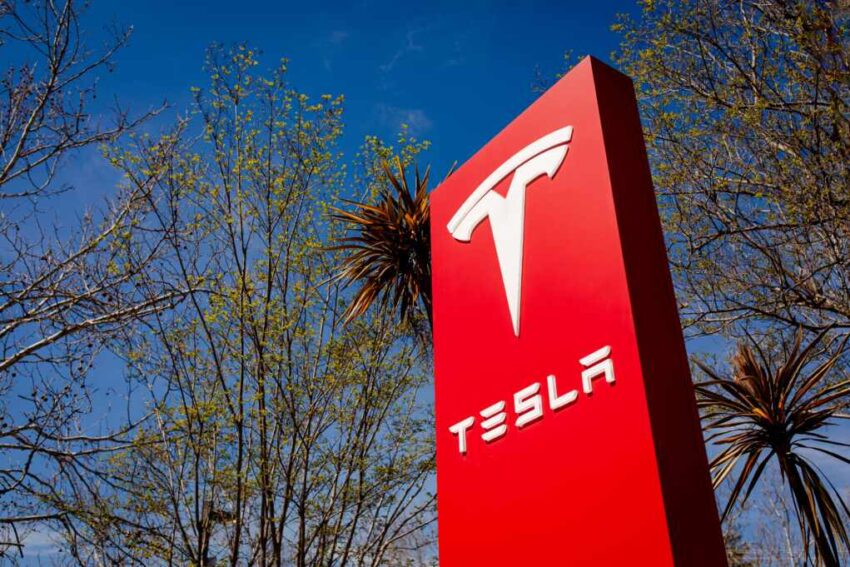Tesla has formally asked a federal judge to block public disclosure of crash reports involving its Autopilot and Full Self-Driving systems, arguing that revealing hardware and software version data would cause financial and competitive harm.
At a Glance
- Tesla petitioned to withhold crash data from NHTSA that codes software/hardware versions used in Autopilot/FSD—citing potential harm to its competitive edge
- Despite making up the majority of reported ADAS crashes, Tesla’s data filings contain unusually large redactions compared to other automakers
- Tesla warned that disclosure would allow rivals to “assess the efficacy” of individual software and hardware versions and “draw conclusions as to Tesla’s rate of progress”
- The Washington Post and safety advocates counter that redactions block public and regulatory oversight of emerging autonomy risks
- The dispute echoes previous moves by Tesla and former Trump advisors to weaken reporting requirements on ADAS safety data
The Heart of the Legal Fight
According to Reuters, Tesla’s June 2025 court filing argues that narrative crash details—such as road conditions and Autopilot software versions—should remain confidential. The company claims competitors could use that data to reverse-engineer its self-driving progress. Tesla emphasized it “would suffer financial and economic harm” if the Freedom of Information Act (FOIA) request succeeds.
Why It Matters
Tesla is responsible for the largest share of advanced driver-assistance system (ADAS) crashes reported to NHTSA, yet its filings contain redactions that obscure key context—like driver actions and system failures. A report by Electrek noted Tesla’s filings contain significantly more redactions than those of rivals like GM or Ford. Critics argue this undermines transparency and public safety, especially as Tesla previously lobbied to ease federal reporting requirements under the Trump administration.
Watch a report: Tesla Legal Battle Over Crash Data Disclosure.
What’s Next
The outcome of the Washington Post’s FOIA lawsuit against NHTSA will set precedent for the level of data transparency required in autonomous vehicle oversight. A ruling against Tesla could increase regulatory scrutiny across the ADAS sector, while a decision in Tesla’s favor could embolden other automakers to withhold system data under competitive secrecy claims. The case is a pivotal test for balancing innovation and accountability in self-driving technology.
Click this link for the original source of this article.
Author: Editor
This content is courtesy of, and owned and copyrighted by, https://deepstatetribunal.com and its author. This content is made available by use of the public RSS feed offered by the host site and is used for educational purposes only. If you are the author or represent the host site and would like this content removed now and in the future, please contact USSANews.com using the email address in the Contact page found in the website menu.








